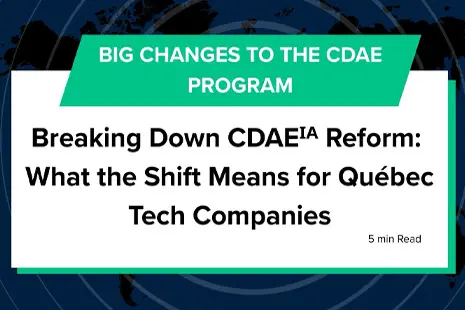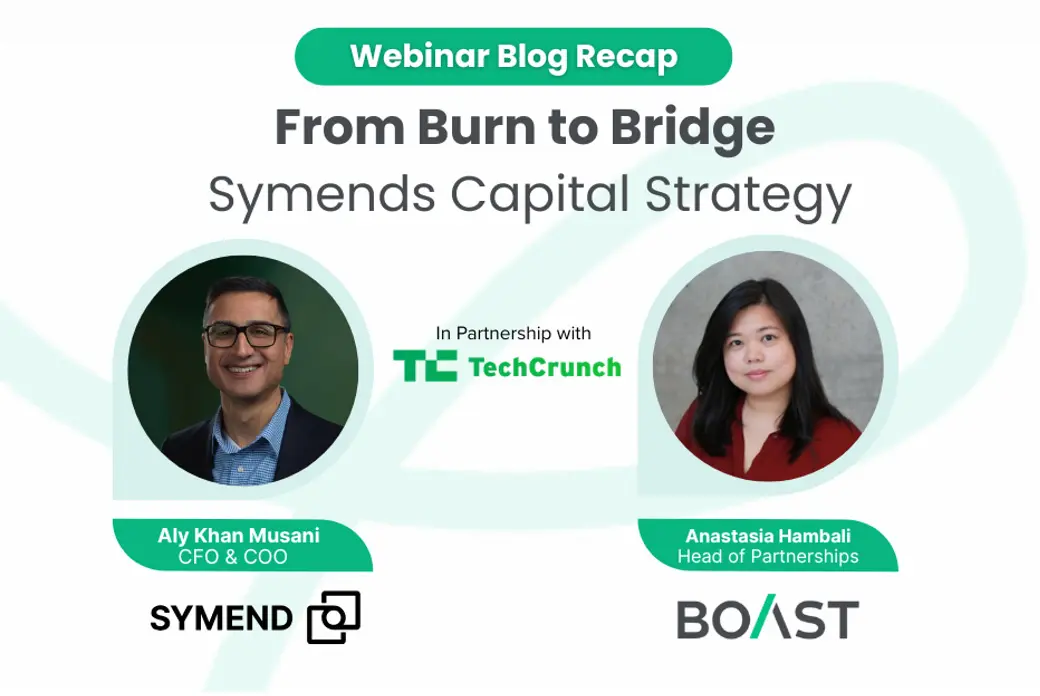Since 2014, the IRS has worked closely with the Security Summit—a coalition of software experts, tax preparation firms, payroll and tax financial product processors and state tax administrators—to publish the “Dirty Dozen,” an annual ranking of the most prevalent tax scams targeting both businesses and individuals.
Historically, the popular R&D tax credit (Section 41 of the IRC) has had the dubious distinction of regularly appearing on the Dirty Dozen list. That’s as predatory scammers often took advantage of cash-strapped founders by offering to help them capture credits that these founders simply didn’t qualify for.
This year, Section 41 didn’t make the ranking, though many of the tactics that had made the R&D tax credit a lucrative front for scammers are as prevalent as ever.
Now, pandemic-era programs like the Employee Retention Credit (ERC) have become Ground Zero for bad actors to pose as legitimate tax preparation firms promising cash-strapped founders much-needed credits.
We’ll break down how the R&D tax credit has historically been leveraged by scammers, why these concerns remain today, and how these tactics have migrated into new programs (like the ERC), putting founders at risk when they don’t work with trusted tax partners.
Promising tax credits for non-qualified activities
By up-leveling the qualifying criteria for R&D tax credits, scammers are known to aggressively market their services, telling founders that far more of their operating expenses can be credited than are actually eligible. These bad actors then assign high-qualified percentages to employees at the startups they target in the hopes of charging a high percentage of the calculated benefits to the scammers in question.
These scammers spend very little time actually getting to know the businesses they target, but put unrealistic dollar signs in front of cash-strapped founders in the hopes of winning trust.
From there, these scammers take the risk that while some taxpayers will eventually be audited for the incorrect claims these firms have made on their behalf, many simply won’t—and for those that do face audits, it may take months (or even years) to detect or resolve the error.
But with the IRS currently enjoying a cash and staffing infusion, far fewer of these false claims are set to fall through the cracks. Not only does the IRS now have more than 10,000 added staff in 2023 compared to last year, but more than $60 billion has been funneled into the agency to speed up customer service as well as auditing capabilities.
A new era of scamming (with some classic tactics)
“Scammers are coming up with new ways all the time to try to steal information from taxpayers,” said IRS Commissioner Danny Werfel. “People should be wary and avoid sharing sensitive personal data over the phone, email or social media to avoid getting caught up in these scams. And people should always remember to be wary if a tax deal sounds too good to be true.”
At the heart of all of these scams are offers that are truly “too good to be true.” The risks to both businesses and individual taxpayers are significant, with scammers leaning into the emotional stakes that are part-in-parcel with startups, whose founders have put significant personal time and money into building their business.
The ERC is the latest frontier of these false marketing tactics, as scammers “have been blasting ads on radio and the internet touting refunds […] based on inaccurate information related to eligibility for and computation of the credit,” the IRS noted in their statement.
It’s critical that founders stay realistic and informed about how much of their employee salaries truly qualify for key tax credits. While this doesn’t call for every founder becoming a tax expert, a good rule of thumb for anyone seeking claim help is to be skeptical of any figures that are floated by a tax expert before they truly get to know your business.
At Boast, we’ve worked with thousands of founders across North America for over a decade to help understand and maximize their tax claims, with an unmatched ability to defend against audits. We don’t write checks we can’t cash, and provide full transparency into our processes—without putting the onus on founders to get the claims over the line.
Wherever you are in your tax filing process, if you’re coming up against the upcoming tax extension, partner with our team today to claim all the money your team deserves. We’ll even offer first-time filers a 30 percent discount on our expert services if they partner with our team today.
Talk to an expert from Boast AI today to learn more about how we combine cutting edge technology with years of expertise—and a founder’s POV—to optimize your R&D and fund your innovation.


